
by Geary Smith
As I sit here at my favorite place to write (something all new writers should have), my small desk beside my bed, it is about 5:00 in the morning. I have developed a habit of leaping out of bed, thanking God for my blessings, gifts and talents, stretching my arms up, getting my cup of coffee and writing at my desk. Come rain or shine, sleet or snow, I will write something every single day or read articles about the craft of writing. Right now I am looking over my laptop computer, with my fingers on the keys, pondering on what advice I would give to all new writers to be successful; sound and concrete advice to help new writers avoid the pitfalls of writing.
I will start right off by advising any new writer to get rid of your EGO. If you’re primary reason for writing is to become rich and famous, you will probably be disappointed. But if you humble yourself and simply write for the love of writing and getting your stories and books in the hands of children (whether it is short stories, books, poems, puzzles, fiction or nonfiction), you will find joy in the journey. And if you also make money, that’s a terrific bonus.
So, here are my Top 5 Tips Every New Writer Should Know:
Tip 1: All new writers need to write, write and write. This seems axiomatic because it is. The only way to amass a pile of words into a children’s story or book is to shovel some words out. You have to form this habit every single day. And, believe me it is work and will take some drive, persistence, sweat and sure determination. I’m going to assume everyone who keeps reading already has this down. If you don’t—you simply won’t make it as a writer. When I first started writing, I reached out to many successful children’s writers and editors to find their “secret,” and to my surprise it was writing every single day. After you complete one manuscript and send it off to publishers start on another one. This is a skill all great children’s writer have in common, one you can develop just like going to a gym and lifting weights to gain muscle strength.
I have a pattern of writing longer pieces, and then shorter pieces, creating short- and long-range goals. Sometimes I will write short activities and poems for magazines in between of longer assignments. This gives you plenty of material to submit to various markets. Don’t neglect magazine opportunities while you’re working on your book manuscript. Recently, I won the Highlights for Children Pewter Plate Award for a short story, an honor I cherish and look at for inspiration during the down times. The story idea came from sitting at my desk early one morning and hearing my neighbor’s rooster.
Tip 2: All new writers should explore their life experiences, environments and families for all sorts of ideas and inspiration. Think about what you already know—areas of expertise, lessons you’ve learned, what you’ve noticed observing your children and their friends. Open your mind to ideas and carry a notebook to jot down inspiration when it hits. Record snippets of dialogue, character details of interesting people you meet, sensory impressions of settings. Play with an idea, looking at it from different angles, brainstorming alternatives, asking “What if?” You have great ideas inside you, but it may take some coaxing to bring them to the surface. Allow ideas the time they need to germinate. The first thing that comes to your mind isn’t usually your best, most original idea, but it can lead to something wonderful.
Tip 3: All new writers should model successful authors. I find that all great writers have patterns for success that leaves clues. You should try learn from successful writers and then to find your own patterns. How do you learn from successful writers? Read their work with an eye toward analyzing their writing style, how they develop characters, how they frame information for young readers, how they pace the text. Follow the Facebook pages or blogs of your favorite authors and read their posts about their process. Attend their local book-signings.
Another way to model successful authors is by networking. I joined the Society of Children Book Writers and Illustrators. Just being around other writers will inspire you to be a better writer. Join a critique group (in person is better, online if you must). Go to writing conferences. Take classes at your local university or community college. Besides learning from successful authors, you’ll become part of a very supportive community. I found a mentor during the process and lifelong friend that helps me with my writing and gives me feedback on my work—negative and positive.
Tip 4: All new writers need to learn to write your first draft rough. Stop caring about spelling and sentence fragments and plot holes and grammar. Get the story down. Focus on the overall dialogue, plot, theme and whether your audience will be able to relate to and identify with your characters. Get to the end of your manuscript and THEN worry about the quality of your prose and polishing your words. If you can master the art of powering through to the end of your first draft, you are on your way. I once heard a quote that I will never forget:
“Write your first draft with your heart, And your second draft with your head.”
I have stuck to that principle for years, writing and publishing several stories, articles, quizzes and poems. I write in a variety of genres and with a slew of styles and voices. And between working on manuscripts, I still go back to basics and sit in book stores for hours, reading all the new children’s books just to gain more knowledge of the process and an understanding of what’s being published.
Tip 5: All new writers should develop their speaking and presentation skills. I know that after my first story was published and many others to follow, I was asked to speak at schools, churches and local organizations. You can prepare for speaking engagements by joining local speaking groups and online classes. Sharing your work directly with your young readers is very gratifying and helps keep you in touch with your audience. Speaking at libraries, to local book clubs, and at writing events helps establish you as a professional.
In conclusion, the key to making it as a new writer is to write a lot, come up with original ideas, study the industry, act and think like a writer, network, invest in yourself and your craft, and be patient. If you can do all of these things you will become a writer. Maybe not to become rich and famous, but to see your stories being read by children everywhere. And finally, none of these tips and traits are genetic! They can be learned! They are free and they are skills you can use. Start now!
Geary Smith recently won the Pewter Plate Award from Highlights for Children. He’s been writing for children and young adults for over 30 years. His work has been published in such venues as Highlights for Children, Child Life, and other publications, and by McGraw-Hill and ProQuest. His books include Spiritual Power: Breaking Free from Learned Limitations, NLP Power: Spiritual Tao for Change Forever, and The Juneteenth Celebration, all of which can be purchased on Nook Press and at Barnes and Noble. He is the owner of GLS Health and Longevity, https://www.facebook.com/GlsHealthAndLongevity/
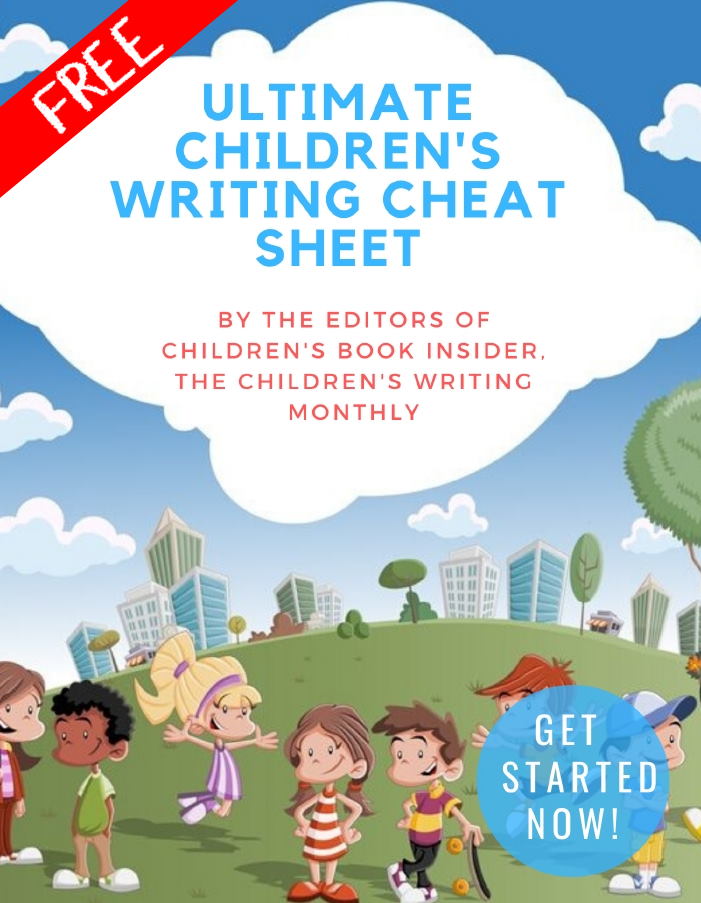
✏ Word Counts & Age Groups for Every Kidlit Category
✏ FAQs, Glossaries and Reading Lists
✏ Category-specific Tips, from Picture Books Through Young Adult Novels
✏ 5 Easy Ways to Improve Your Manuscript
✏ Writing For Magazines …and more!
This is a gift from the editors of Children’s Book Insider, and there’s no cost or obligation of any kind.
We will never spam you or share your personal information with anyone. Promise!
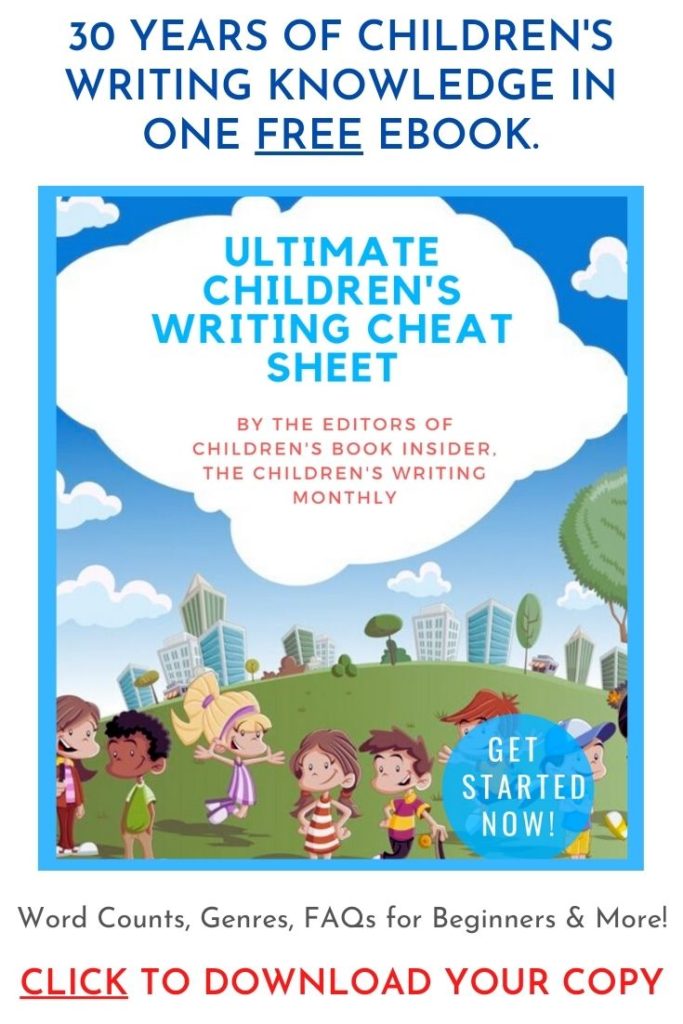
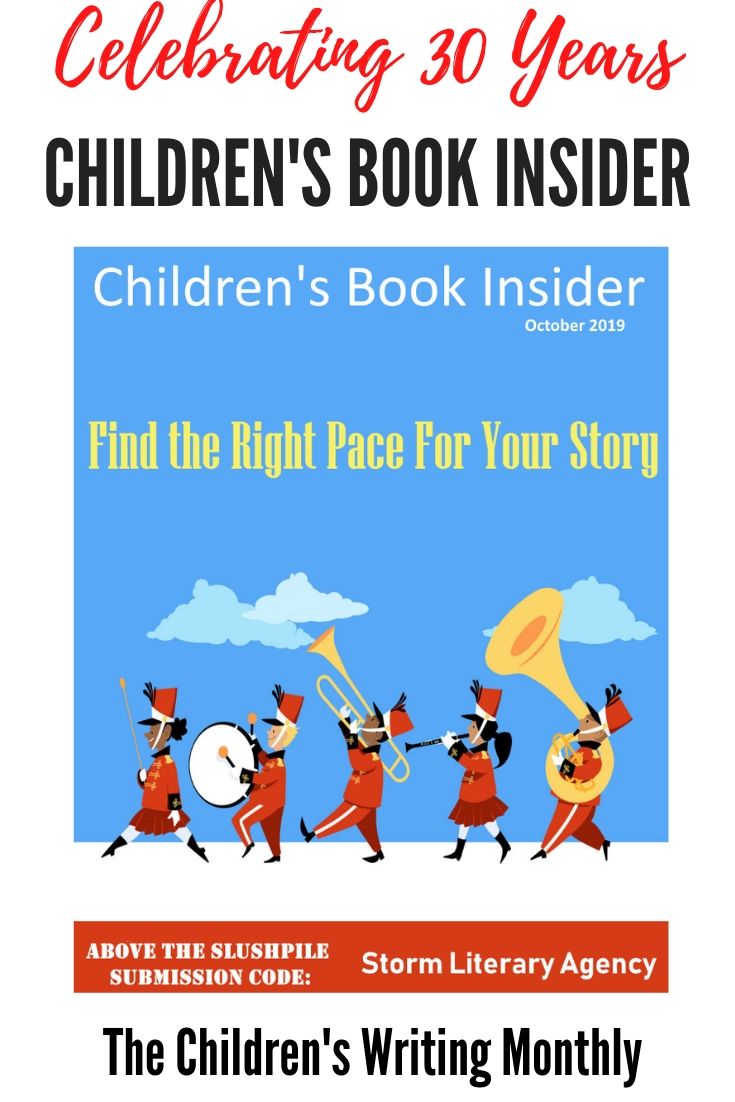
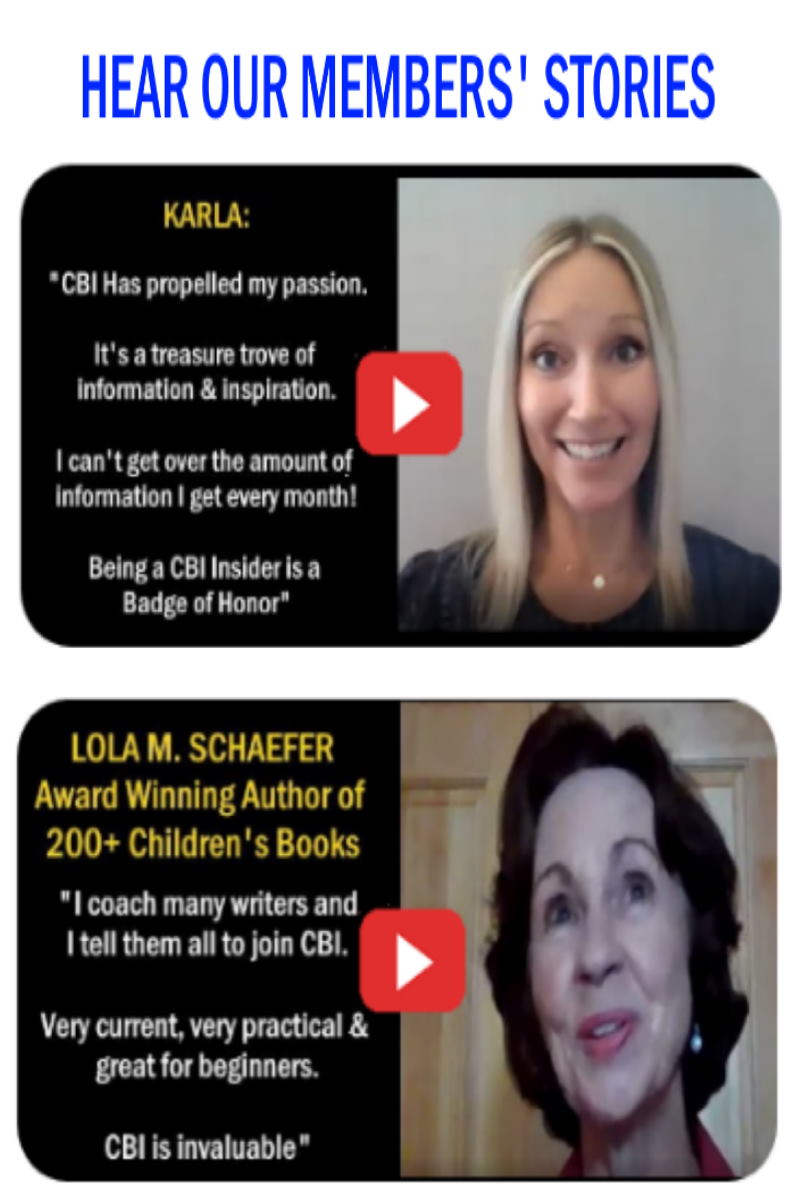
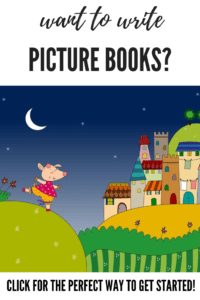


Although you mention some key points for new writers according to my experience writers have a clear mind before writing. They get confused during writing a book or a novel. It’s quite an informational blog and as a regular follower, I find your content valuable and eye-catching.
Jacob thank you for your comments. I am ever learning each day on how to write and getting better at my communication skills. I can still remember so many years ago, when I first started to even thing about writing. I am glad I took the big step. Take Care